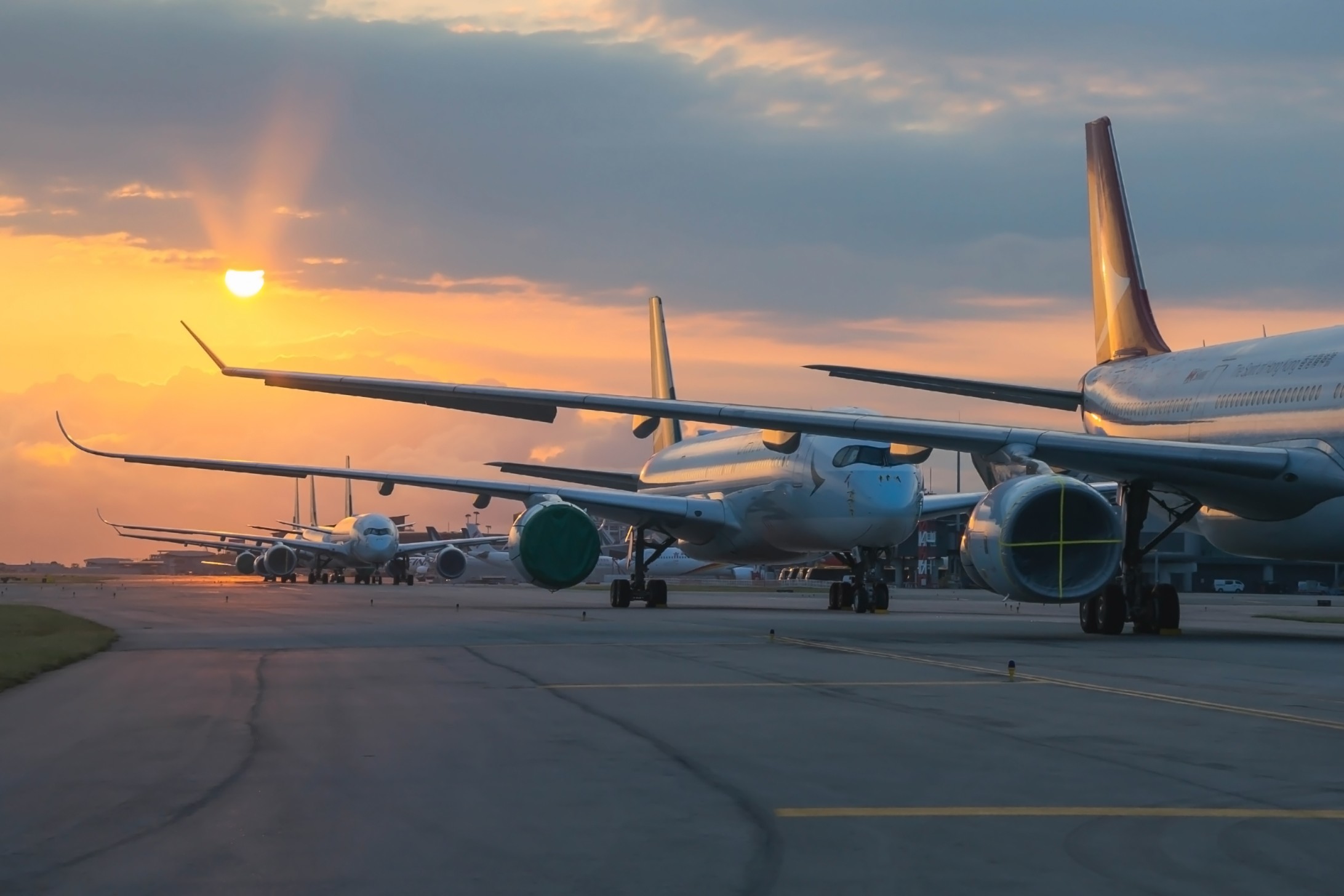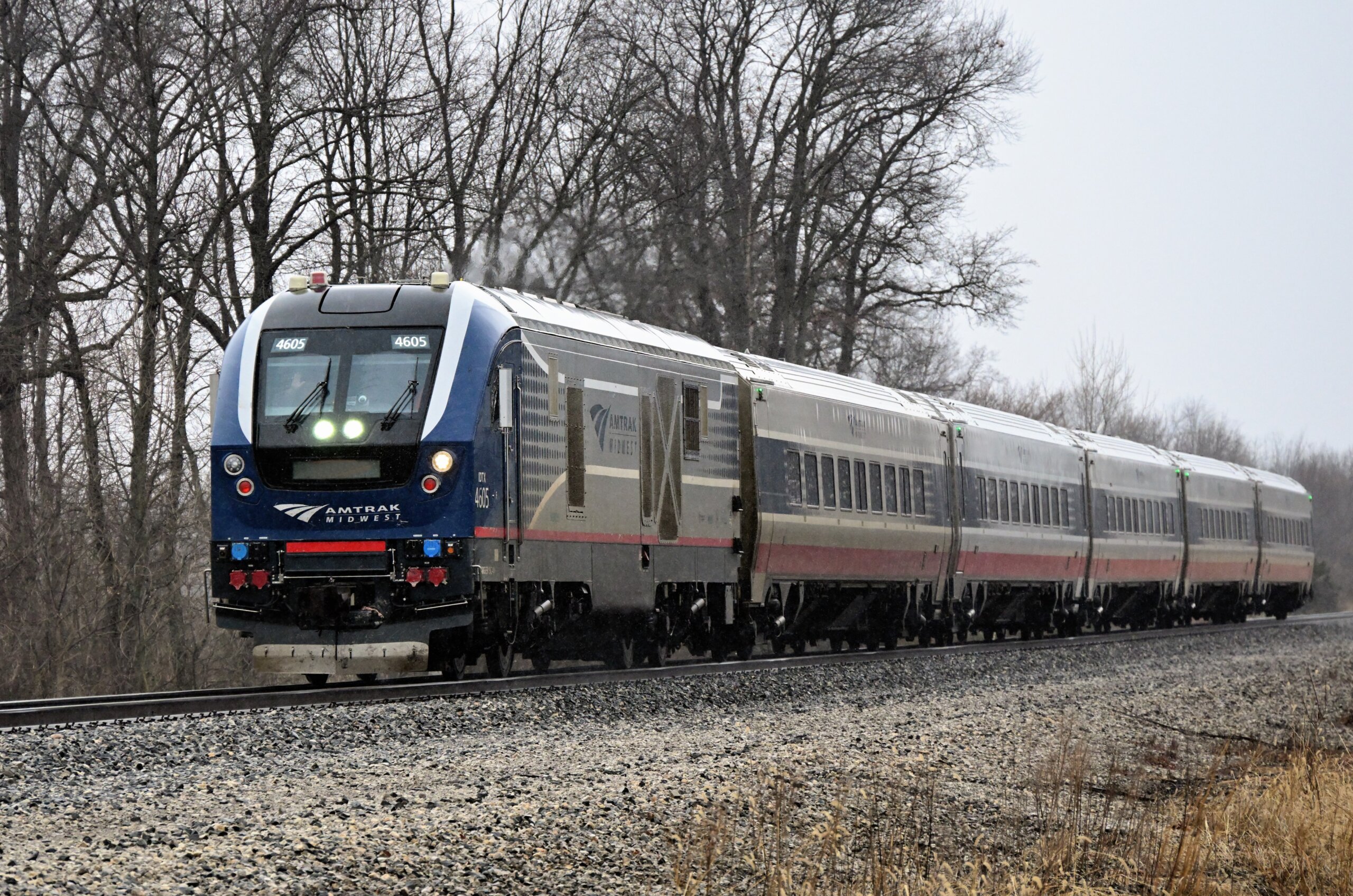
Thousands of travelers faced sudden disruptions on Friday as the federal government shutdown rippled through the nation’s air travel system, forcing airlines to slash flights and airports to brace for mounting delays.
The Federal Aviation Administration (FAA) ordered airlines to begin cutting 4% of flights at 40 of the nation’s busiest airports, including major hubs in Atlanta, New York, Chicago, Los Angeles, and Washington, D.C. The cuts are set to deepen over the coming week, rising to 10% by next Friday, as the shutdown, now in its 37th day, becomes the longest in U.S. history.
Major Airlines Hit, But Chaos Still Contained
Despite early fears of widespread chaos, most airports operated smoothly Friday morning, with only around 3% of scheduled flights canceled nationwide — roughly 750 flights, according to aviation analytics firm Cirium.
Here’s how the numbers break down so far:
- American Airlines: 221 cancellations (3.8% of flights)
- United Airlines: 184 (4%)
- Delta Air Lines: 173 (3.8%)
- Southwest Airlines: 73 (1.8%)
International routes remain largely unaffected. The FAA’s mandate applies only to domestic air travel, with airlines targeting short-haul regional routes first to minimize disruption on long-distance and international flights.
“It’s sudden, but it’s not chaotic,” said David Kinzelman, United’s Chief Customer Officer, adding that the advance notice allowed carriers to reroute crews and manage schedules efficiently.
Why the Cuts Are Happening
The shutdown has left air traffic controllers and TSA agents working without pay, while others have called out sick or taken on second jobs to stay afloat. Transportation Secretary Sean Duffy said the flight reductions were designed to “alleviate the pressure” on controllers and maintain safety as fatigue and absentee rates climb.
“Our number one job is safety,” Duffy said. “This isn’t about politics — it’s about keeping the skies safe while our controllers continue to work without pay.”
Unions have reported that some controllers are experiencing extreme stress, with many struggling to afford basic expenses after more than a month without pay.
The Bigger Picture: What Travelers Should Expect

The FAA plans to gradually tighten flight restrictions over the next week:
- Nov. 7–10: 4% reduction
- Nov. 11: 6% reduction
- Nov. 13: 8% reduction
- Nov. 14: 10% reduction
Experts warn the strain will worsen if the shutdown continues into the busy Thanksgiving travel period, which begins in less than three weeks.
If Your Flight Is Canceled
- Check your airline’s app or website immediately for rebooking options.
- Refunds: Most major airlines are offering full refunds or fee-free rebooking, even on nonrefundable fares.
- Backup plans: Frontier Airlines advised passengers with essential travel plans, such as weddings or funerals, to consider purchasing refundable backup tickets with other carriers.
Delta, United, and American are all waiving change fees and fare differences for most affected travelers. Frontier and Spirit are providing travel credits instead.
Which Airports Are Affected?
The FAA’s list includes the country’s 30 busiest commercial airports, such as Hartsfield-Jackson Atlanta, LAX, O’Hare, JFK, LaGuardia, and Dallas-Fort Worth, plus 10 mid-sized airports and private jet hubs, such as Teterboro (NJ) and Louisville (KY).
Regional airports, especially in California, Texas, and the Midwest, are expected to feel the brunt of the cancellations as airlines focus their cuts on shorter domestic routes.
What About Alternative Travel?

With air travel tightening, Amtrak and long-distance bus lines are seeing a surge in bookings.
Amtrak confirmed it is “fully prepared to accommodate travelers impacted by flight cancellations” and expects record ridership through Thanksgiving. Similarly, Greyhound and FlixBus have announced additional routes to absorb stranded passengers.
What Comes Next
Experts say the system can absorb short-term cuts. Still, prolonged reductions could cause ripple effects well beyond aviation, from delayed cargo shipments to economic strain on tourism hubs.
“There’s no end in sight,” said Michael Taylor of J.D. Power, noting that while a snowstorm eventually passes, “political gridlock has no forecast.”
For now, travelers should keep an eye on their airline’s alerts and perhaps pack a little extra patience before heading to the airport.
Want more guidance before you book or rebook? Here are a few related reads you might like:
